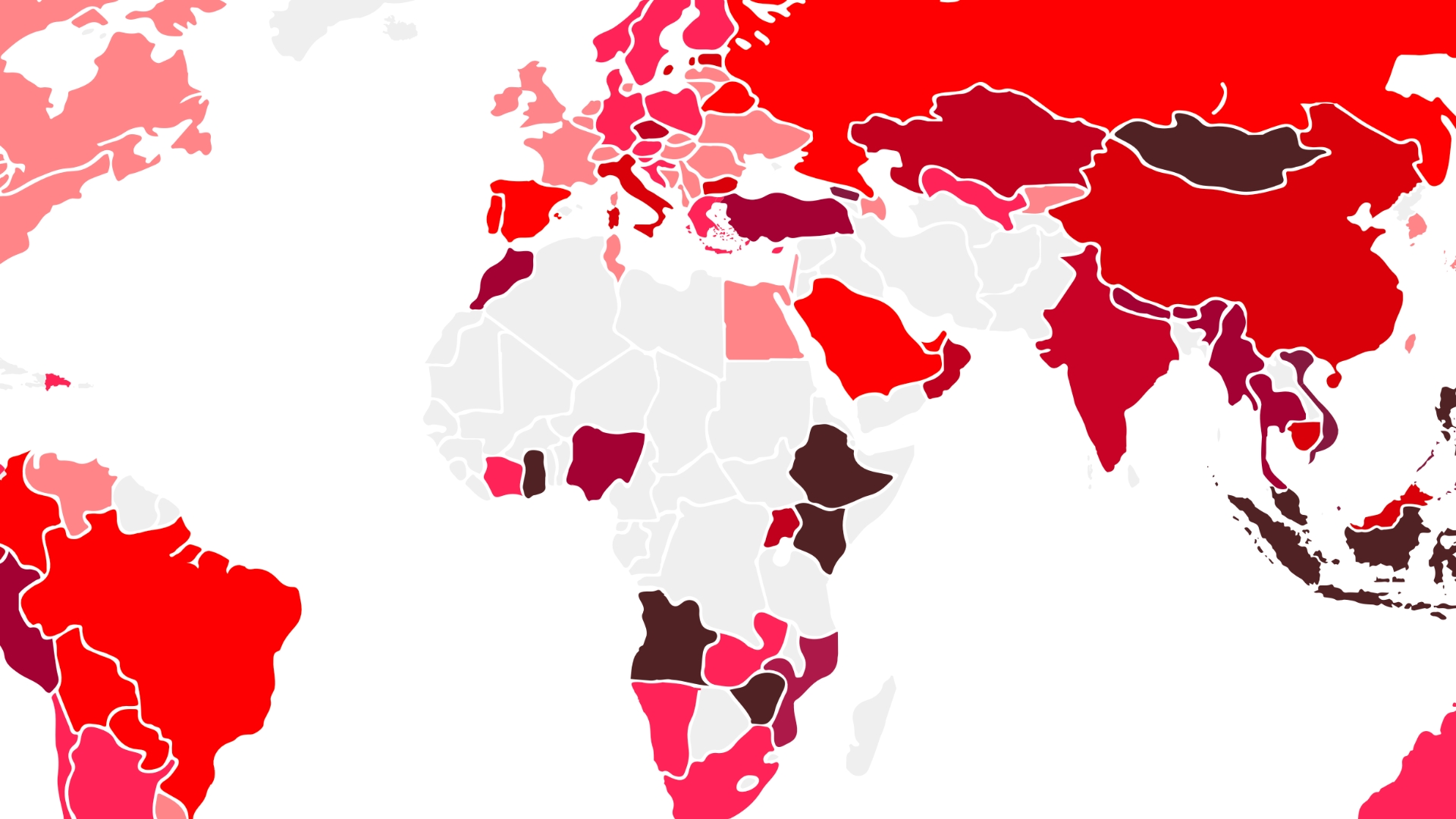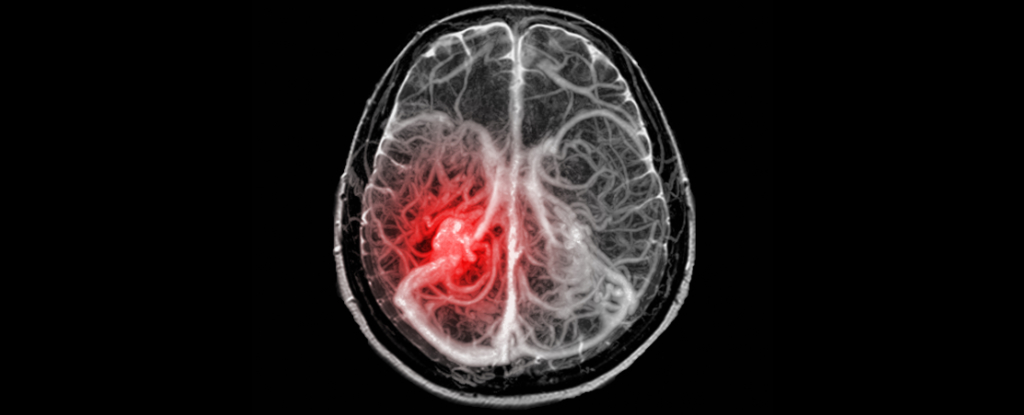Gesellschaft zur Stärkung der Verben: The German Society for the Irregularization of Verbs
Stand strong and proud. The post Gesellschaft zur Stärkung der Verben: The German Society for the Irregularization of Verbs appeared first on The Old New Thing.

The German-language (?) organization Gesellschaft zur Stärkung der Verben (the Society for the Irregularization of Verbs) advocates for the conversion of regular verbs to irregular, and more generally for the reintroduction of irregular forms to the German language.
The linguistic term for irregular verbs in Germanic languages is “strong”, as opposed to regular or “weak” verbs. More formally, a “strong” verb is one that forms tenses by changes to the vowel rather than by adding a dental suffix (“-t” or “-d”). You can see this in English, with irregular verbs like sing, sang, sung changing the vowel, and regular verbs like jump, jumped, jumped adding an “-ed” suffix.
For example, in modern standard German, the verb sterben (to die) conjugates as sterben, starb, gestorben, but the seemingly analogous verb erben (to inherit) is a regular verb: erben, erbte, geerbt. But why so weak and feeble? Let’s make these weak verbs strong and proud:¹ erben, arb, georben!
An English-language equivalent would be changing the regular verb bake from bake, baked, baked to bake, book, baken to match the irregular verb take, took, taken.
The name for their reformed version of German is “Neutsch”, but they leave ambiguous whether this is a portmanteau for Neues Deutsch (new German) or Nicht Deutsch (not German). I think we’re better off not knowing.
¹ The society’s name is a pun, since it literally translates as “Society for the Strengthening of Verbs”.
The post Gesellschaft zur Stärkung der Verben: The German Society for the Irregularization of Verbs appeared first on The Old New Thing.












































































